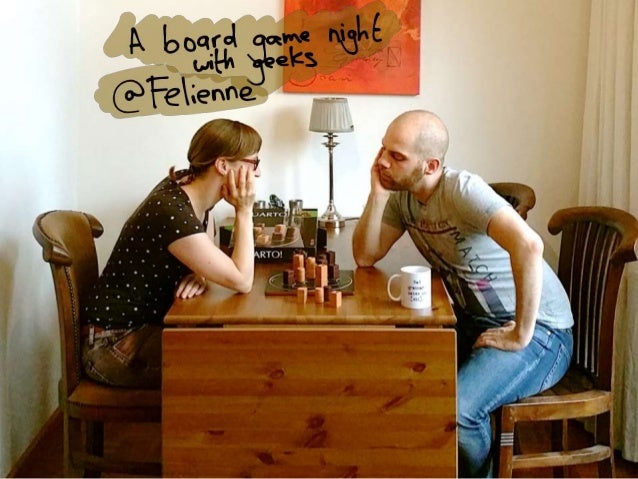Felienne / Quarto
Intro
Ever wanted to know if your favorite boolean proposition is satisfiable?
For example:
A or (B and C and !D)
Can we assign truth values to A, B, C and D such that this results in true?
The bad news: this problem is NP hard. The good news: There are lots of wonderful tools called SAT solvers that can, usually, solves these types of propositions with lightning speed!
But, the are very picky about their input, it needs to be the dimacs cnf format
The above proposition in dimacs is:
p cnf 4 3
1 2 0
1 3 0
1 -4 0
So you're saying that these tools can solve NP hard problems but don't do a little bit of transformation on their input?
Yup! But I fixed it for you. This little DSL in F# lets you type nice propositions and it will output dimacs.
You define variables with string names like this:
let A = Var "A"
etc.
And then you can make propositions with And, Or and Not:
let clause = Or (A, And (And(B, C), Not (D)))
with a simple
let thatLooksNicer = makeDimacs clause
you get the equivalent dimacs format.
You can also have the whole thing being solved for you by using
let satResult = theWholeShabang clause
Happy SAT solving!
The basics
Variables
Define vars by making a Var:
let A = Var "A"
etc.
Clauses
Make clauses with And Or and Not:
let clause = A or (B and C) and (not D)
Helper functions
Equal
I did not feel like including a real boolean equality symbol in my language, as it leads to a lot more rewrite rules, but there is a mapping, equal:
let equal (a:Term, b:Term) =
And (Or (Not(a), b), Or (Not(b), a))
Superconjuction
When generating SAT input, often you are creating a conjunction of lots of things: this needs to hold, and this and that. Therefore I threw in a nice little helper:
let rec createAndClauseFromList (L: List) =
match L with
| a :: [] -> a
| a::tail -> And (a, createAndClauseFromList(tail))
You put in a list of terms and you get one big conjunction.
How to use this library
From F Sharp
Using the library from F Sharp is super easy:
- Create a new F Sharp Project
- Add a reference to CNFify
- Add 'open CNFify' to the top of your .fs file
- Make one big clause (maybe with the helper superconjunction)
- makeDimacs gives you a string to put into any SAT solver
- theWholeShabang runs minisat and gives you a SAT result, UNSAT or the truth assignment per variable
From C Sharp
The basics from C Sharp are easy too:
- Create a new C Sharp Project
- Add a reference to CNFify
- Add 'using CNFify' to the top of your .cs file
But, the rest is a bit more involved unfortunately:
Defining variables
Defining variables is a bit more cumbersome from C Sharp. Each type you define in an F Sharp project automatically gets a constructor that starts with new. Thus, you make a new instance of a type with:
var name = CNFify.Term.NewVar("name");
var name2 = CNFify.Term.NewVar("name2");
Creating clauses
In a similar fashion, you can make a new 'And':
var bothNames = CNFify.Term.NewAnd(name, name2);
A word of advice: the name in the string, not the name of variable are mapped! So similar strings will get the same variables in dimacs, so if you define
var name = CNFify.Term.NewVar("name");
var name2 = CNFify.Term.NewVar("name");
name and name2 will be equal! This has bitten me in the ass, beware it does not happen to you too :)
If you need inspiration, this library comes with a demo project, Quarto, see below.
Using the equal helper function
Because equal is a function and not a type, there is no 'new' constructor needed:
var E = CNFify.equal(A, B);
Using the superconjunction helper function
F Sharp lists and C Sharp lists are not the same! So if you create a list of CNFify.Terms in your C Sharp code, you need a bit of magic to use th helper:
FSharpList<CNFify.Term> listFSharp = ListModule.OfSeq(listCSharp);
CNFify.Term all = CNFify.createAndClauseFromList(listFSharp);
Generating the dimacs file
string letsPrintThis = CNFify.makeDimacs(clause)
Running SAT
var SATresult = CNFify.theWholeShabang(clause)
This gives you a satResult that is or UNSAT or SAT with list of variables and their assignments.
SATresult = SAT of List<string * bool> | UNSAT
Quarto
The reason I made the DSL is because I wanted to generate SAT code for a specific goal: determining whether the board game Quarto can end in a tie. If you want full details, have a look at this slide deck (SlideShare)
This repo also contains the C# code that generates the Quarto propositions, you can use that as an inspiration.
That sounds awesome, but I like Python better
No problem! There is a similar library for Python.

